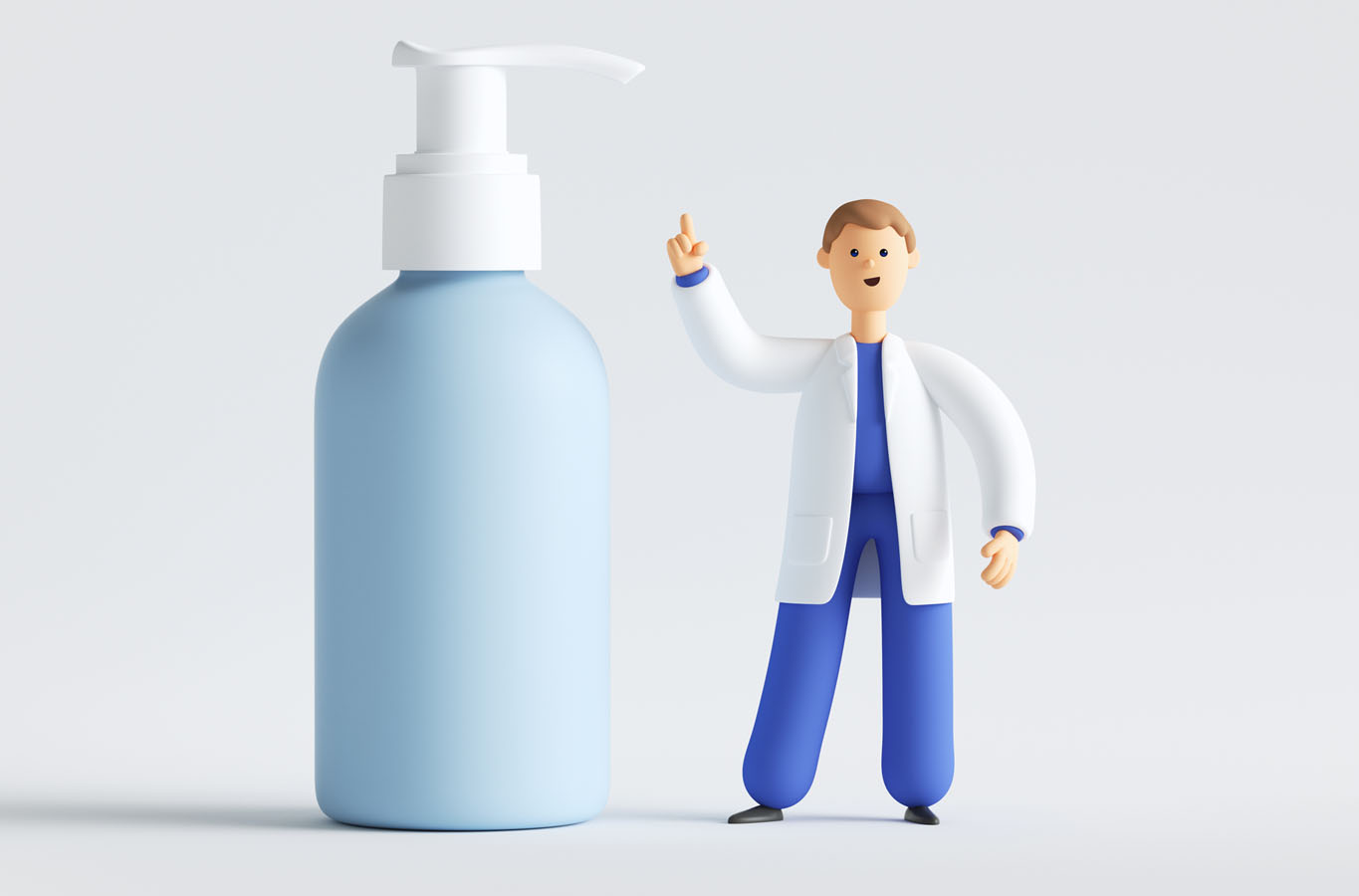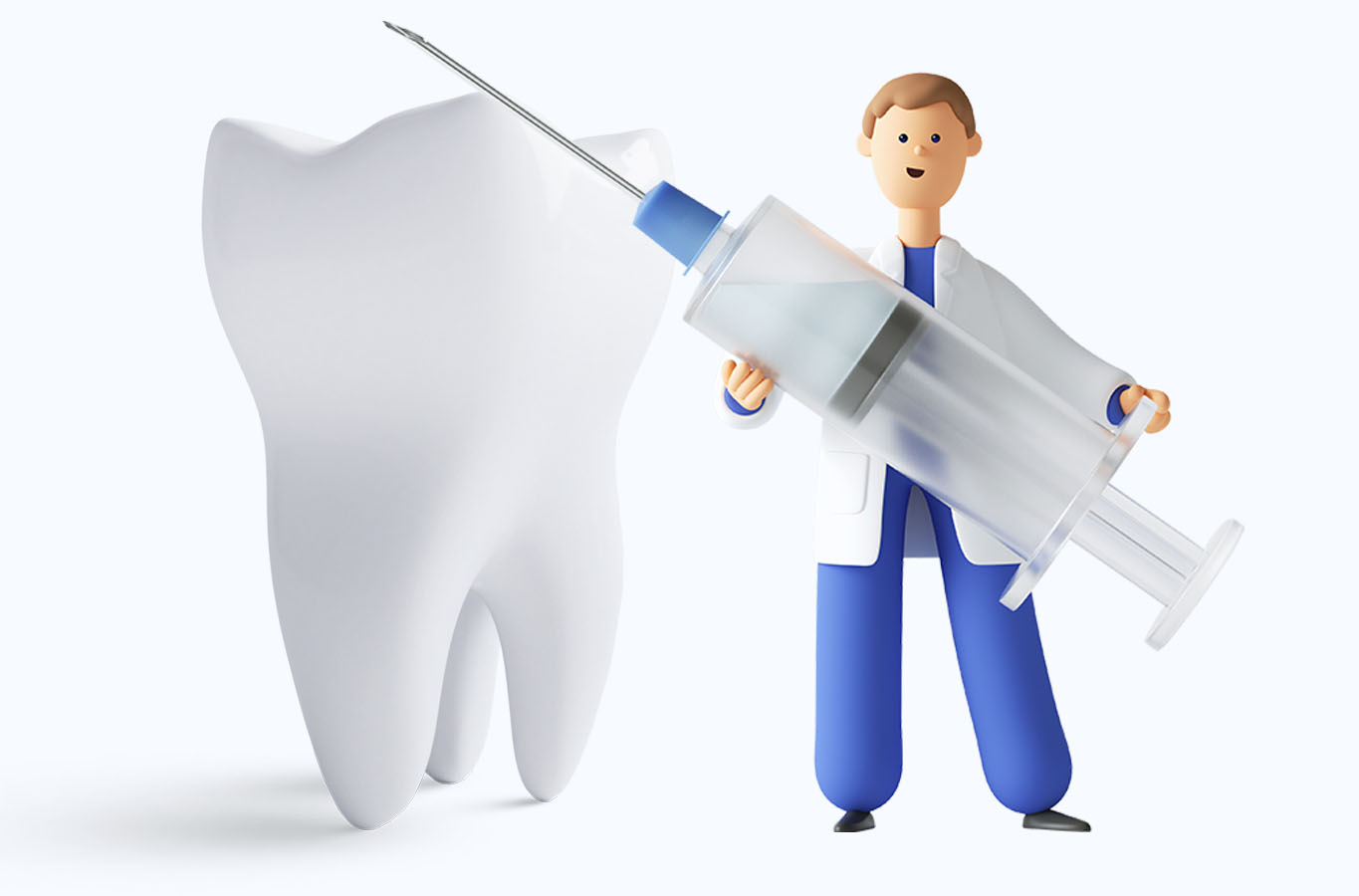
Human Respiratory syncytical virus A/B Detection
RSV is a common respiratory virus that usually causes mild, cold-like symptoms. Infants and older adults are more likely to develop severe RSV and need hospitalization. RSV is an infection of the lungs and respiratory tract. Signs of RSV are mostly mild and in line with the common cold. RSV can unfortunately be a serious concern for infants, older adults and immunocompromised people (those at high risk due to weakened immune systems). These vulnerable groups are more likely to need hospitalization if they develop severe RSV. Symptoms of lung and lower airway infection from RSV may include:
Symptoms of lung and lower airway infection from RSV may include:
- Fever
- Wheezing
- Serious cough
- Breathing faster than normal or trouble breathing
- Blue skin color
Test Description
Nasal aspirate or wash. This is the most common way to collect a sample for RSV testing. To do a nasal aspirate, a health care professional will insert a saline solution (salt water) into your nose and remove it with gentle suction. Nasal swab test. A health care professional will use a special swab to take a sample from your nose.

Test Details
Polymerase Chain Reaction Molecular testing (eg, PCR) can detect RSV as well as other respiratory viruses in nasopharyngeal swabs and aspirates with high sensitivity and specificity. Molecular testing is particularly useful in older children and adults and is preferred for hospitalized and immunocompromised patients. PCR is more sensitive than either antigen testing or viral culture. 7 Because of its high sensitivity, it may detect RSV in a patient after the infection has resolved, so a positive result should be clinically correlated with the patient’s symptoms. Additionally, PCR is more expensive than DFA, and the turnaround time may be longer in certain laboratory settings.
How does RSV spread?
RSV is spread through contact with droplets from the nose and throat of infected people when they cough and sneeze. RSV can also spread through dried respiratory secretions on bedclothes and similar items. Direct contact with the virus, such as kissing, can also spread the virus.

Tips for preventing RSV
When it’s RSV season, lessening the spread of infection is key. Use these tips to prevent RSV and help keep yourself and those around you healthy:
- Wash your hands frequently with warm, soapy water for at least 20 seconds.
- Clean surfaces you touch often such as door handles, countertops and mobile devices.
- Avoid close contact such as shaking hands or kissing.
- Cover your face when you cough or sneeze.
- Don’t touch your face if you haven’t washed your hands.
- Don’t share cups or utensils.
- Stay at home when you’re feeling ill.






